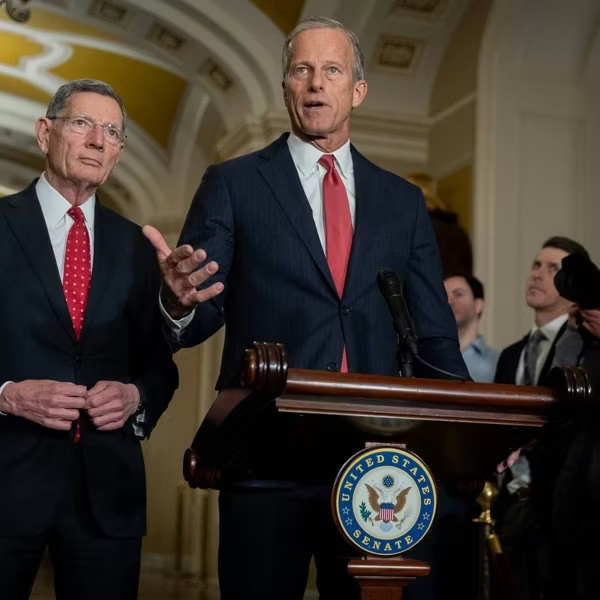Republicans continued their attack on the Consumer Financial Protection Bureau (CFPB) on Tuesday, as Sen. Ted Cruz (R-Texas) and Rep. John Ratcliffe (R-Texas) again introduced legislation to kill the Wall Street watchdog.
Cruz in a statement called the CFPB, the brainchild of Sen. Elizabeth Warren (D-Mass.) created in the aftermath of the financial crisis as part of the Dodd-Frank Wall Street Reform and Consumer Protection Act, a "runaway agency" that "does little to protect consumers."
Their twin legislation, however, goes against public opinion, and their basis for abolishing the agency isn't backed up by numbers. A Morning Consult poll released in December found that only 7 percent of Trump supporters want to kill the agency; and an Americans for Financial Reform and the Center for Responsible Lending poll in June found wide bipartisan support for the CFPB. Further, as Yahoo Finance laid out last week, "the agency has thus far accomplished goals of fighting harmful business practices and helping to protect working people from deceptive and unfair business," including returning nearly $12 billion to wronged consumers.
Cruz's legislation is S. 370; Ratcliffe's is H.R. 1031.
The Washington Post also reported last week:
A Republican plan to dismantle Wall Street regulations would strip the Consumer Financial Protection Bureau of many of its powers, including eliminating its consumer complaint database and scaling back its enforcement abilities, according to a five-page memo distributed by Rep. Jeb Hensarling, chairman of the powerful House Financial Services Committee.
[...]Rep. Maxine Waters (D-Calif.), the ranking Democrat on the Financial Services Committee, called Hensarling's plan a "disastrous blueprint" that would "destroy the protections Congress created to stop Wall Street from ripping off hardworking Americans."
Politico also reported last week that "[a]llies of President Donald Trump are building a legal case for ousting Richard Cordray," the head of the CFPB, noting that
Cordray has long been in the cross hairs of free-market conservatives and lawyers, and now some are informally compiling a dossier that would give Trump cover to fire him, should he choose to do so, for "inefficiency, neglect of duty, or malfeasance." Those are the only conditions under which the director can be removed.
Warren, for her part, warned in the wake of Trump's election that her congressional colleagues would move to defang the CFPB. She wrote on Twitter: "Anyone in Congress--GOP or Dem--who votes to weaken the CFPB, will declare loud & clear they represent giant banks, not working families." She also argued: "The real reason Wall St & their @GOP allies are going after the @CFPB is because it's working too darn well for consumers & must be stopped."
Michael Calhoun, president of the Center for Responsible Lending, argued last month that
[i]f predatory lenders succeed in undermining Director Cordray and the CFPB, we will revert back to lax financial regulations. This will signal that it is once again open season on consumers. It could also cause yet another painful economic crisis caused by big banks and predatory lending that we simply cannot afford.



